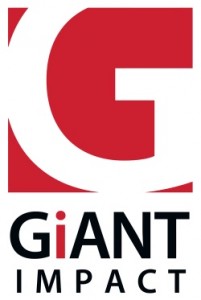Too much stress, including stress in your workplace, damages “telomeres” on the ends of your chromosomes and causes rapid aging. Interestingly, when people connect in supportive relationships it triggers the production of enzymes called “telomerase” that heal damaged telomeres. Check out this outstanding 58 minute National Geographic documentary entitled “Stress: Portrait of a Killer” about this and other research on the effects of stress. It includes an excellent segment on the famous Whitehall research studies in the UK that established stress and mortality were inversely related to hierarchy in organizations.
Update: I recently returned from speaking, teaching and meeting with leaders of organizations in business, higher education and government in Houston, Fort Worth, Texas and Erie, Pennsylvania. ASTD’s The Public Manager recently published a version of a case study I wrote about CNO Admiral Vern Clark’s improving the U.S. Navy’s culture. The article is entitled “Great Leaders Connect with the People They Lead.”





